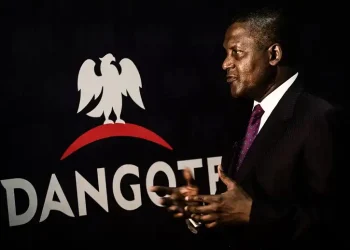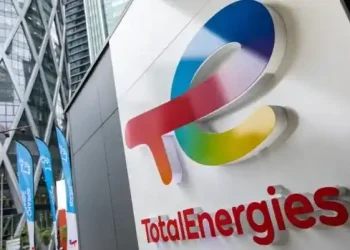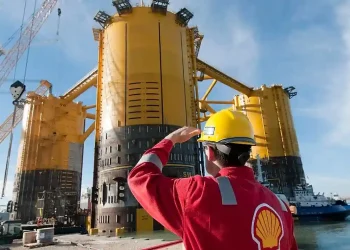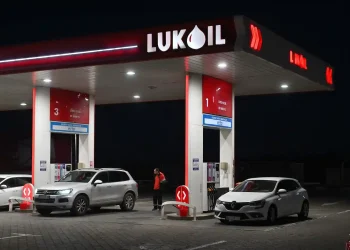An independent investigation by a United Kingdom-based energy watchdog, Impact Investigators Platform (IIP), has rubbished recent media claims that the Dangote Petroleum Refinery imported substandard petrol into Nigeria. The platform recently shared the result of its investigation, and Nigerians have been reacting.
In a detailed report signed by its lead investigator, Raymond Neil, IIP declared that its findings didn’t uncover any dirty fuel in Dangote Refinery’s stock.
According to Raymond, its independent review of shipping manifests, customs declarations, and refinery process documentation found no indication that Dangote Refinery imported or sold finished petrol exceeding Nigeria’s sulphur limit of 50 parts per million (ppm).
He further described the allegations against Dangote Refinery as “technically inaccurate, commercially implausible, and unsupported by verifiable evidence.”
IIP stated that it launched the independent probe following viral reports alleging that a vessel delivered high-sulphur petrol to the refinery disguised as locally produced fuel.
Raymond explained that the shipment in question was not a finished fuel product but an intermediate feedstock – a common raw material used globally by refineries to optimise production.
“Our analysis confirms that the shipment being referenced was a blending component, not a finished petrol product.
It was imported strictly for refinery processing and never intended for direct sale to consumers. This is normal industry practice, and it does not imply that substandard fuel is being sold to the public,” it read.
The IIP confirmed that all Dangote Refinery import documentation and clearances are consistent with the regulations of both the Nigeria Customs Service (NCS) and the Nigerian Midstream and Downstream Petroleum Regulatory Authority (NMDPRA).
Raymond Neil concluded by warning that misinformation on technical matters can damage public confidence in Nigeria’s biggest industrial project.
“The Dangote Refinery is a strategic national asset. Public debate must be guided by facts, not conjecture.
Every product stream leaving the refinery is certified by an ISO-accredited lab. These certificates are regularly submitted to the NMDPRA before any domestic dispatch,” it added.

Folami David is a dynamic journalist who views the world through an analytical lens, translating complex narratives across multiple industries into compelling stories. With an insatiable appetite for information and a keen eye for emerging trends, Folami specializes in uncovering the interconnections between technology, business, culture, and society.


















